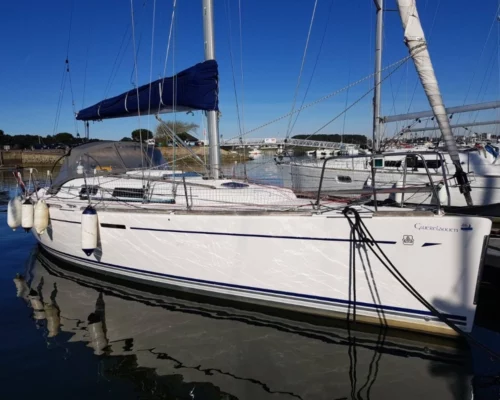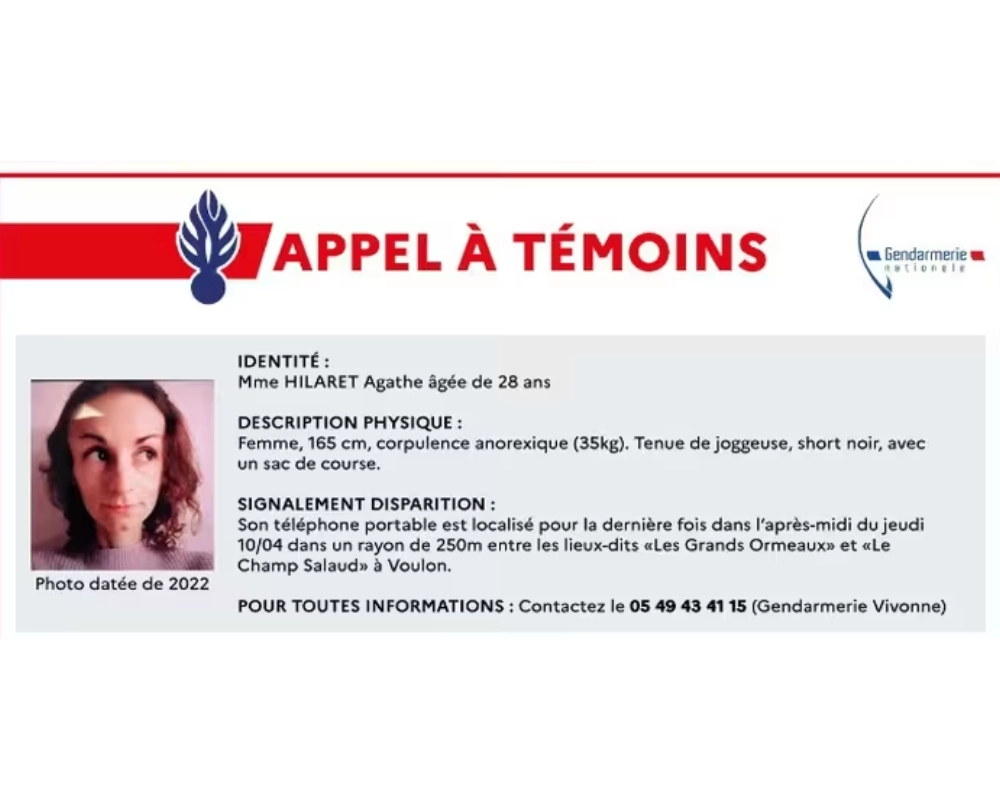Sexist and Sexual Violence in Public Transport: A Growing Epidemic
Sexist and sexual violence in public transport has become an increasingly concerning issue, especially in the Île-de-France region, where a study conducted by RATP reveals that one in seven women has been a victim of such assaults. The statistics are alarming: 70% of women have experienced these forms of violence in the public transport system of the Paris region during their lifetime, with young women, particularly those aged 19 to 25, being most affected, with a rate of up to 90%.
A Growing and Diverse Problem
The forms of violence observed in public transport are varied, ranging from persistent and intrusive looks to direct sexual assaults, as well as verbal and physical harassment. The perpetrators, almost exclusively men, exploit the closeness and congestion of public spaces to assault their victims. Researcher Manon Marguerit, who specializes in urban planning, highlights the importance of considering the specific environment of public transport, where confinement and the inability to escape contribute to making these forms of violence specific and difficult to avoid.
In 2024, the National Observatory on Violence Against Women recorded nearly 3,400 cases of sexual violence in public transport, marking an 86% increase over the past ten years. Although this rise is concerning, it has not been matched by a proportional increase in reports, with only 7% of victims filing an official complaint. Psychological and social barriers remain significant, preventing many women from reporting these acts.
Avoidance Strategies to Protect Themselves
In response to this ongoing insecurity, women adopt various avoidance strategies to minimize the risk of assault. According to a survey conducted among public transport users in the Paris region, more than 56% of women reported not feeling safe in the transport system, and 80% remain constantly alert during their journeys. Many change their travel schedules or choose their routes based on perceived risks. The majority avoid traveling alone, preferring to sit near other women or a group, and some even adopt specific physical behaviors, such as positioning themselves with their backs to doors or walls to reduce potential risks.
Prevention and Support Actions in Place
To address this issue, several preventive measures have been implemented by authorities and transport operators. Reporting tools, such as emergency numbers (3117 and 31177) and call boxes on platforms, have been introduced, although their usage remains insufficient, with only 12% of victims having used these tools. Additionally, practical actions have been taken, such as on-demand drop-offs on buses or awareness campaigns. Interventions by bystanders have also increased, with 23% of victims reporting assistance from a third party, a notable increase from 2016 (10%).

Flat 3 rooms Agde 34300
165€ per nightLanguedoc-Roussillon, Hérault (34), Agde 34300
Citroen DS5 2.0 HDi Hybrid4 SportChic
75 € per dayPas-de-Calais, Nord-Pas-de-Calais, Beaurains 62217
Flat Duplex 3 rooms Loudenvielle 65510
190€ per nightMidi-Pyrénées, Hautes-Pyrénées (65), Loudenvielle 65510
BAYLINER VR5 ski boat - perfect condition / fresh water
170€ per night
Rhône-Alpes, Haute-Savoie (74), Doussard 74210
Sailing boat Dufour 34 (Larmor Plage) Lorient
380€ per dayBrittany, Morbihan (56), Lorient 56100
Motobécane city bike
25€ per dayRhône (69), Rhône-Alpes, Lyon 69000, Lyon 6ème Arrondissement





